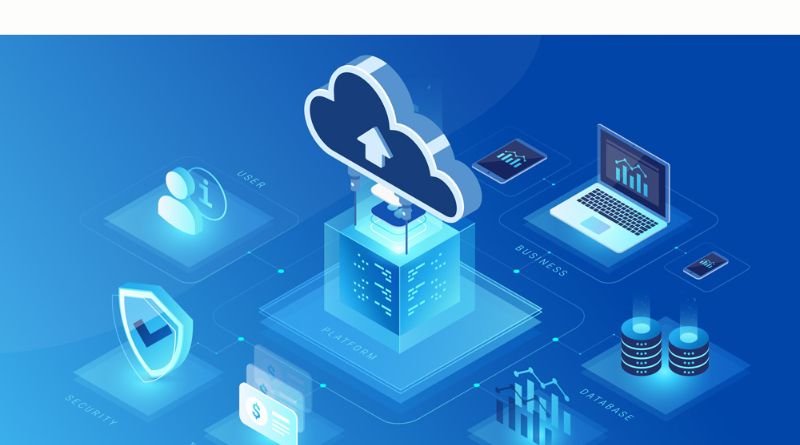A Comprehensive Guide to Cloud-Managed Services
Businesses that rely on cloud-based software may need support from a third-party source. Direct support from software providers can be standardized and insufficient for specific business requirements.
Luckily, there are specialized third-party companies that provide cloud-managed services. These services include cloud monitoring and incident management, cloud reporting and analytics, infrastructure and DB backup, cost optimization, and more.
Reliability
Reliability is one of the most challenging aspects of modern software systems. MCSPs can offer reliable solutions by constantly monitoring your business system for performance and availability. This way, they can immediately address issues and prevent potential failures from happening.
Cloud managed services providers are usually more available than a vendor’s native support team. This is because MCSPs often specialize directly in a particular software platform with certification from the vendor.
Having on-call tech professionals means your internal IT teams can spend less time troubleshooting or maintaining the system and more time focusing on strategic long-term projects that boost revenue. Plus, the pay-by-service option and the ability to tailor your monthly plan based on your needs allow for cost savings!
Scalability
Scalability is the ability of systems (hardware or software) to grow into larger contexts without interruption. It means that they can continue to function efficiently and well in various expected or unexpected situations, such as hardware failure or traffic spikes.
Cloud scalability is often achieved through horizontal and vertical software scaling, which involves adding or replacing the least-performing components with more powerful ones. This makes it easier for IT administrators to respond quickly to sudden spikes in demand, and it gives businesses access to high-powered resources that were previously only available to large enterprise systems.
For public and hybrid cloud infrastructures, managed services providers can provide a variety of management tasks, such as configuration, optimization, and security. They can be contracted at any stage of the cloud adoption lifecycle, and they can help businesses maximize their benefits.
Security
From sensitive remote work files to priceless home photos, the cloud holds a wealth of information worth protecting. This data must be safeguarded against cybersecurity threats from third parties or internal sources.
A strong security culture is essential for cloud-managed service providers to keep their customers’ trust. This includes robust compliance measures, stringent security controls, and a deep understanding of data privacy regulations.
MCSPs usually use a multi-tenant model for their servers, meaning they are responsible for the data of many different customers. This can pose security risks if not handled properly, as one customer’s data could be uploaded into another’s system by accident. This is a common concern for businesses migrating their systems to the cloud. However, most MCSPs mitigate these risks by deploying rigorous security practices and performing regular audits.
Flexibility
For the same reason that people often hire professionals to manage their investments or maintain their cars, businesses increasingly rely on IT specialists for cloud management. This approach allows them to focus on their core business and avoid the costs of hiring, training, and supervising internal IT staff.
MCSPs typically offer pay-by-service options or subscription services for managing infrastructure, software tools, and applications. They can also scale support up and down depending on peak usage. This flexibility helps companies control costs and avoid the pitfalls of over-provisioning infrastructure or under-using it.
MCSPs can also help businesses develop an IT infrastructure with built-in redundancy and resiliency. They can also suggest system upgrades that provide security benefits or improve performance. This flexibility enables enterprises to adapt to the digital landscape without significant upfront investments in hardware or IT staffing.
Cost
Cloud-managed services offer businesses a way to save money on IT costs. By outsourcing managing an organization’s cloud environment to a third party, companies can eliminate the cost of hiring IT talent and upskilling in-house teams.
By leveraging an MCSP that offers pay-by-service options or the ability to tailor a monthly plan based on the company’s needs, companies can also lower operational costs. By reducing the IT resources needed to manage the company’s cloud ecosystem, companies can shift those resources towards more strategic projects that drive business value.
In addition, MCSPs can help reduce IT costs by catching and preventing instances of software oversubscription. This is done by regularly auditing the company’s software infrastructure to ensure all licenses are correctly accounted for.











